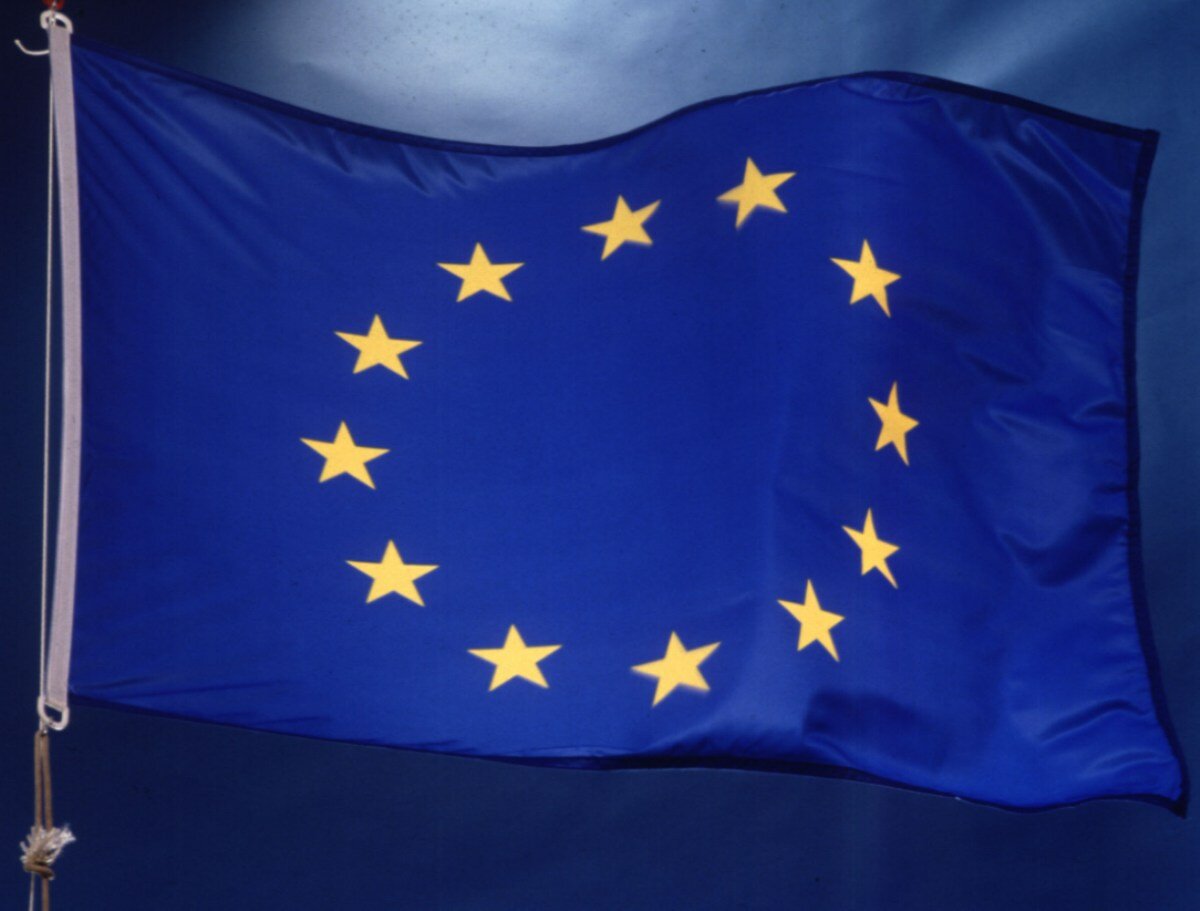Kaunas Panemune Primary School, Lithuania
Author(s): Virginija RupainieneInstitution/Organisation: Kaunas Panemune Primary School (LT)
1 Profile of language initiative
1.1 Background
Primary education in Lithuania is of 4 years' duration, from the age of 7 to ten, before children transfer to the secondary sector. It is only in the secondary sector, from the age of 10, that the learning of a foreign language is compulsory. However, there are some interesting experiments with early language teaching and a national network of schools has now been launched to carry this forward, mainly in the teaching of English.
The Kaunas Panemune Primary School is part of this national network and collaborates with the Teacher Professional Development Centres in Kaunas and Vilnius in the operation of its language programme. English has been chosen because of its global use.
The school has a long history of involvement in international and European projects stretching back to 1994. This includes 4 Comenius projects and involvement in Spring days, Europe Day and the European Day of Languages.
1.2 Description and objectives of the initiative
Oral competence. The aim of the language initiative is to give pupils the necessary communicative skills for oral proficiency as well as a sense of being part of the European Community. Pupils in the school start their English lessons at the age of 7-8, with 3 lessons a week in class time, as well as having the opportunity to take part in extra-curricular activities during the afternoon free time.
Motivation. The teaching strategy is based on a natural teaching approach where enhancing motivation is paramount. A plentiful supply of visual aids is available and language is taught through making music, singing, games and drama. Project work is carried out frequently by the pupils and project work is displayed on the classroom walls. The best projects are rewarded by being presented at school assemblies in front of the whole school community, including the parents. Such measures greatly enhance the motivation of pupils.
Use of ICT. The school library, besides housing a stock of books in English which the pupils love to read, is also equipped with an interactive white board linked to 14 desktop computers linked to the school network and other media.
1.3 Practical realisation
Teachers use interactive methods and teaching/ learning strategies which make the process of learning attractive. Use of ITCs, whiteboards, on-line learning and integration of school subjects enable children to learn more easily and enjoy the experience. The most popular activity is the English Speech Championship. Four times a year pupils prepare PowerPoint presentations on their favourite topic. They look for the material on the Internet, insert pictures and photos, use different pieces of sound, music and clips which they film themselves. These reports are then presented to the class.
In Spring the winners of the four rounds introduce their reports to the school community. The school invites other schools to participate in the final round of the Championship which is usually held on the first day of Spring. Parents are also invited.
Once a month pupils enjoy an opportunity to use the Internet for English language learning and at the end of the school year the pupils take part in a speech championship which allows them to demonstrate their computing and speaking skills.
Print this case study


0 Comments